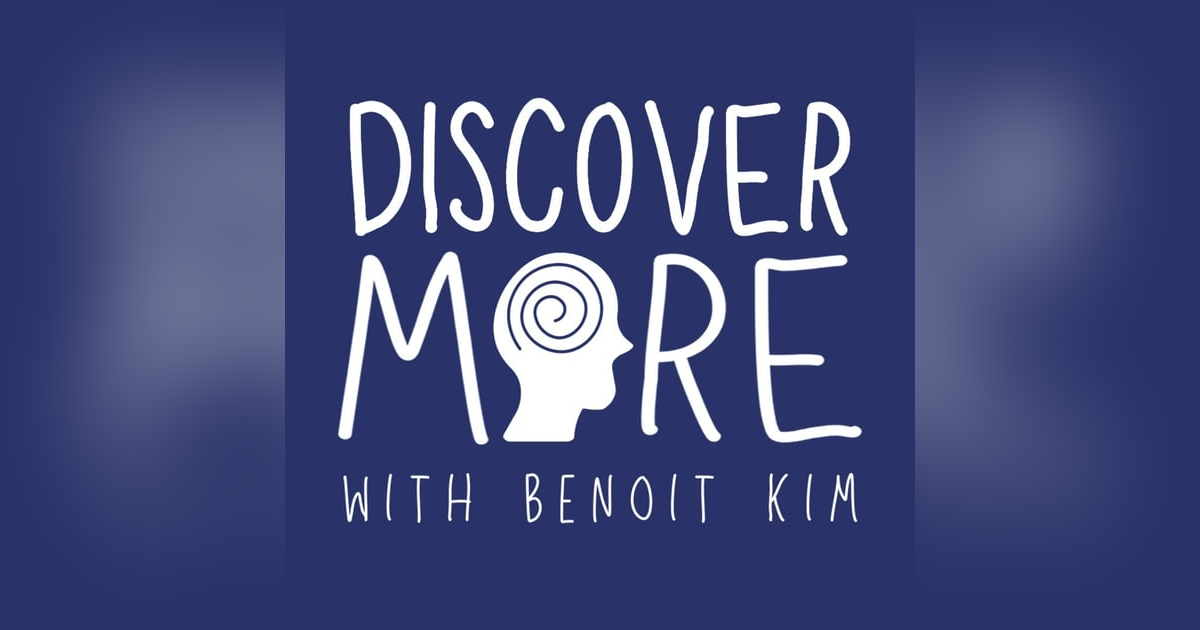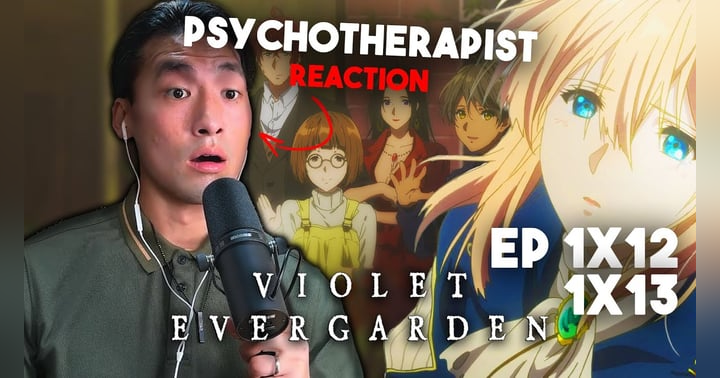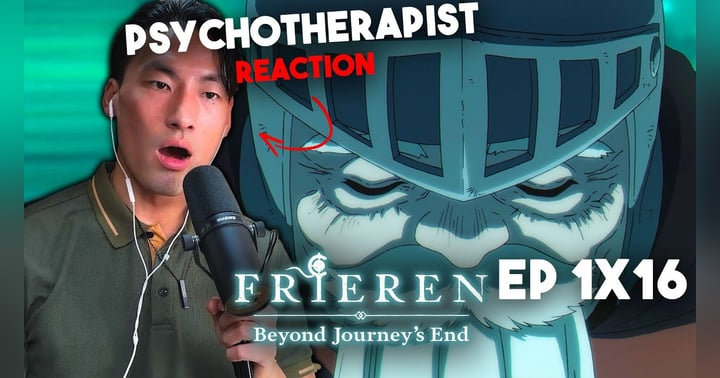The Invisible Healthcare Crisis on America's Streets

Walking down Skid Row in Los Angeles, you'll find tents lining the sidewalks, people bundled in blankets trying to stay warm, and the ever-present stench of human waste and despair. This scene plays out in cities across America, yet many of us avert our eyes and hurry past, unwilling to truly see the humanity in front of us. One man has made it his life's mission not only to see but to act. Dr. Brad Feldman has spent over 16 years providing medical care to people experiencing homelessness on the streets. As the founder and director of the street medicine program at the Keck School of Medicine at USC, he leads teams of volunteers to engage directly with homeless populations in their environments. Rather than waiting for them to come to a clinic, he meets them where they are. Dr. Feldman's passion for street medicine was sparked during his residency in Philadelphia. He was assigned a patient named Scott who had been kicked out of a shelter for having a magazine. Scott had intellectual disabilities that made it difficult for him to understand the rules. Dr. Feldman worried about his ability to survive the freezing winter nights alone on the streets. When he went out to find Scott, he discovered a small community living under a bridge. Others were looking out for Scott, keeping him near the fire. This experience opened Dr. Feldman's eyes to the humanity and care networks that can thrive even in the harshest conditions. He realized there was an entire population of people, sick and dying, that the healthcare system was ignored simply because they didn't have an address. From that point on, he knew he had to do something to help. The Philosophy of Care In his street medicine work, Dr. Feldman operates from a philosophy of radical humility - not assuming anything about a person or their needs. He views his role as a servant to the patient, there to provide whatever care they identify as most urgent and necessary. This patient-led approach aims to empower those who often feel powerless in the healthcare system. As Dr. Feldman notes, "The patient is the ultimate expert in their life. Not me." Part of empowering patients is meeting them without judgment, and seeing their humanity rather than just their homelessness. He notes how easy it is to reduce people to labels and assumptions. The way to counteract that is by fostering authentic solidarity built on personal relationships. He takes the time to talk with patients, hear their stories, and understand their struggles. This enables him to advocate for them in a system that often dismisses or ignores their needs. The end goal is to restore patient autonomy and dignity by truly seeing them as equals. As Dr. Feldman explains, "If we see the humanity in others, we respond differently." This ethos of radical compassion has shaped his approach to care. Barriers to Care Providing medical treatment on the streets comes with myriad challenges. First, there is the issue of reimbursement. With patients who lack insurance or Medicaid, visits are often uncompensated. Street medicine programs rely heavily on grants and donations to fund their work. There is also the reality that many view the streets as an inappropriate or inadequate setting for healthcare. Dr. Feldman had to fight for years to be allowed to provide wound care on the sidewalks instead of requiring people to come to a clinic. He argues that we must expand our definition of an appropriate care setting to meet patients where they are. For those with mental health issues, substance use disorders, or disabilities, navigating the complex healthcare system from the streets can be virtually impossible. Outreach is not just preferred, but essential to save lives. Beyond these practical barriers, there is often a lack of societal will to truly see and invest in solutions. In Los Angeles, over 2000 people die on the streets annually, yet it took years of relentless advocacy from Dr. Feldman and others to pass a bill recognizing homelessness as a public health crisis. He stresses that a shift in mindset is required, from ignoring to fully recognizing the humanity in front of us. The Power of Presence After decades on the streets caring for society's most vulnerable, Dr. Feldman's commitment has only deepened. He describes his motivation arising from a sense of duty, justice, and ultimately love. Love for patients who have touched his life and shaped his understanding of what it means to be human. He carries the memories of those lost with him - people he cared for over months and years, only to helplessly watch them fade away. It fuels him to continue fighting alongside those still living on the edge. As he reflects, "My heart breaks on a regular basis...but I'm hopeful because of the possibility of what we can do, and the potential for positive change." At its core, Dr. Feldman's message is a simple one - be present with those who are suffering. Listen to their stories. Affirm their dignity. Advocate for their needs. And never forget our shared humanity. He concludes, "If we can be motivated by love for our fellow human beings, we can change the world, one street corner at a time." The crisis of homelessness is complex, but solutions start with the individual choice to see and act. Dr. Feldman's street medicine initiative offers a guiding light for how healthcare can be reoriented around compassion. How many lives could be transformed if we followed where he leads? The forgotten and invisible are waiting if we have the courage to meet them there.
Check out the full version of Episode 102 here.







